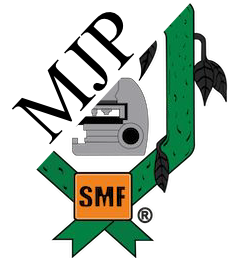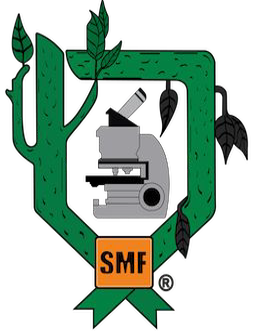-
Or Copy link


Article filters
Search Papers
Biological effectiveness of Agave striata and Fouquieria splendens extracts against Pythium aphanidermatum and Rhizoctonia solani in vitro
By Jesús Eduardo Ramírez Méndez, Francisco Daniel Hernández Castillo, Gabriel Gallegos Morales, Diana Jasso Cantú, Roberto Arredondo Valdés, Marco Antonio Tucuch Pérez*
*Corresponding Author.
Received: 02/July/2024 – Published: 23/November/2024 – DOI: https://doi.org/10.18781/R.MEX.FIT.2024-23
-
Or Copy link
Abstract Background/Objective. Pythium aphanidermatum and Rhizoctonia solani are pathogens that affect agricultural crops. The objective of this study was to evaluate some Agave striata and Fouquieria splendens methanolic extracts, from the Chihuahuan Desert, against those fungi, in search for biological control alternatives.
Materials and Methods. Pathogens from chili plants were isolated and identified using morphological and molecular methods. Methanolic extracts from both plants were prepared, and the antioxidant capacity (AC), the total polyphenol content (TPC), and the antifungal compounds via HPLC-MS were assessed. The antifungal effectiveness was tested at concentrations of 3.9-2000 mg L-1 using a poisoned medium assay, where fungi structural damage was observed.
Results. The F. splendens and A. striata extracts exhibited 55% and 68% AC, as well as 61 mg/g and 112 mg/g TPC, respectively. Both extracts contained caffeic acid and quercetin, while F. splendens also exhibited eriodyctiol, kaempferol, and luteolin; A. striata contained pinocembrin and theaflavin B. F. splendens attained 100% inhibition of P. aphanidermatum at 250 mg L-1, and of R. solani at 500 mg L-1, whereas A. striata achieved 100% inhibition at 1000 mg L-1 in both cases. The extracts produced lysis in P. aphanidermatum oogonia and mycelial fragmentation in R. solani.
Conclusion. The F. splendens and A. striata methanolic extracts demonstrate promising antifungal activity against P. aphanidermatum and R. solani, suggesting that these natural compounds might be useful as a biological alternative for pathogen control in agricultural crops.
Keywords: plant extracts, biological effectiveness, phytochemicals, phytopathogenic fungi.